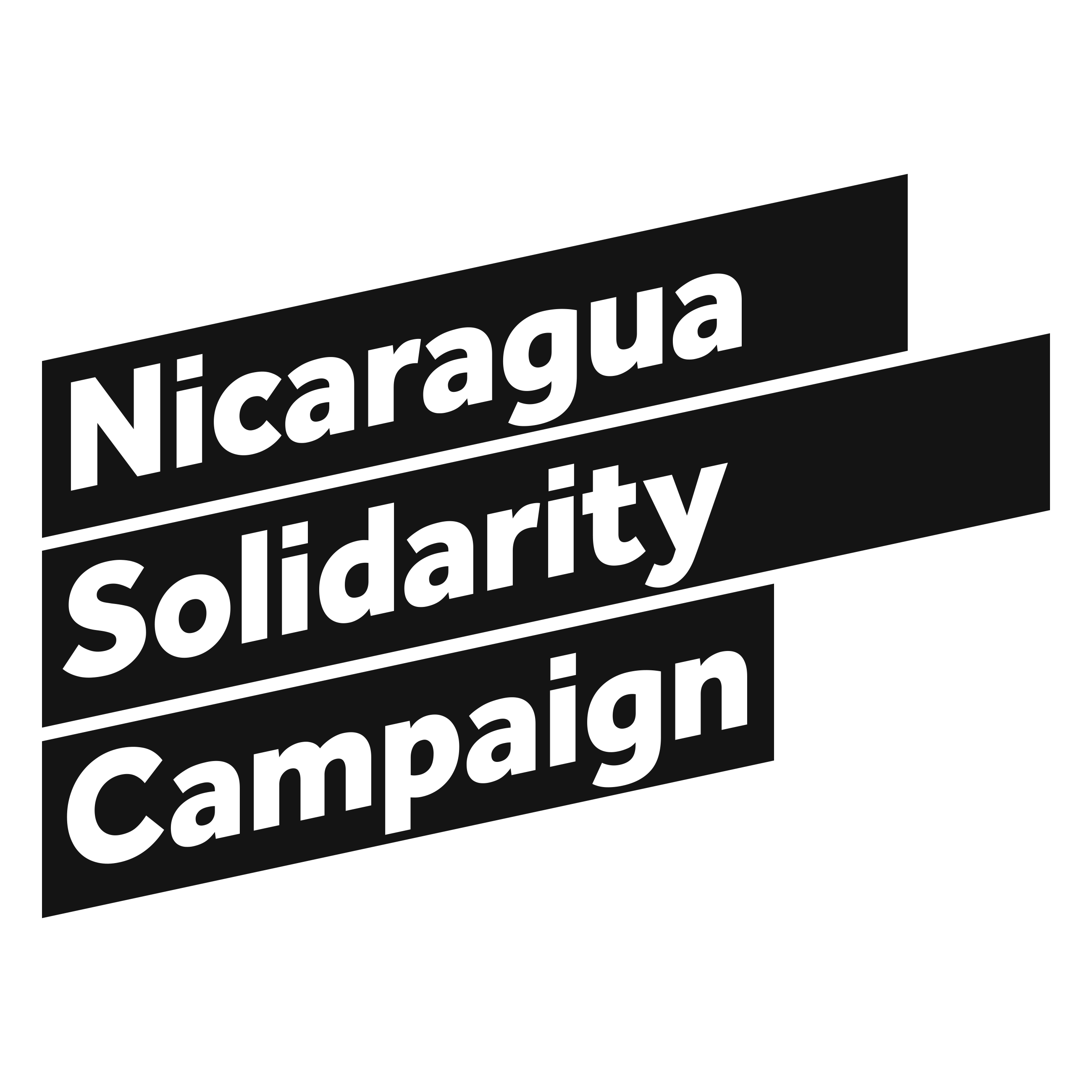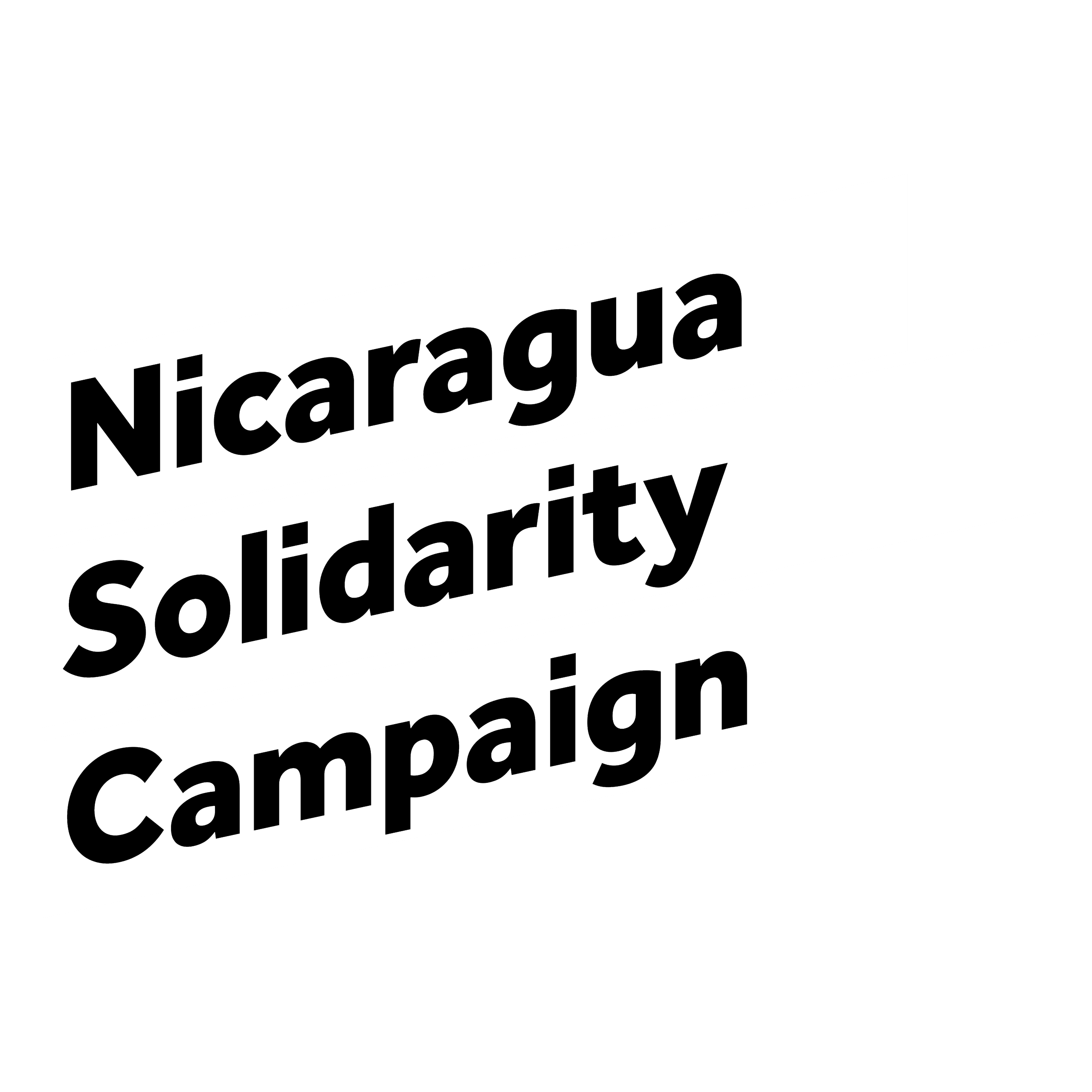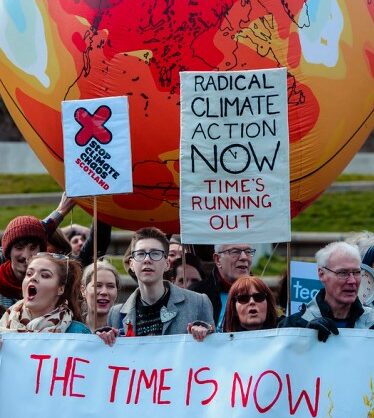
From transforming nature to transforming ourselves
On 9 August the UN Intergovernmental Panel on Climate Change (IPCC) issued the starkest report ever warning of the ‘code red for humanity’ of the climate emergency.
However the scientists also stated that a catastrophe can be avoided but only if the world acts fast.
UN Secretary General António Guterres said: “If we combine forces now, we can avert climate catastrophe. But, as today’s report makes clear, there is no time for delay and no room for excuses. I count on government leaders and all stakeholders to ensure COP26 is a success.”
Nicaragua’s condemnation of the Paris Agreement as ‘the path to failure’
Nicaragua has long warned of consequences of the chronic lack of ambition on the part of the ten countries responsible for over 70% of global carbon emissions.
*Dr Paul Oquist, as Nicaragua’s representative to COP21 in Paris in 2015, ‘made waves’ by being the only country to refuse to sign the Agreement, arguing that a weak voluntary agreement was a ‘path to failure’ and would simply pass on the climate change problems to future generations.
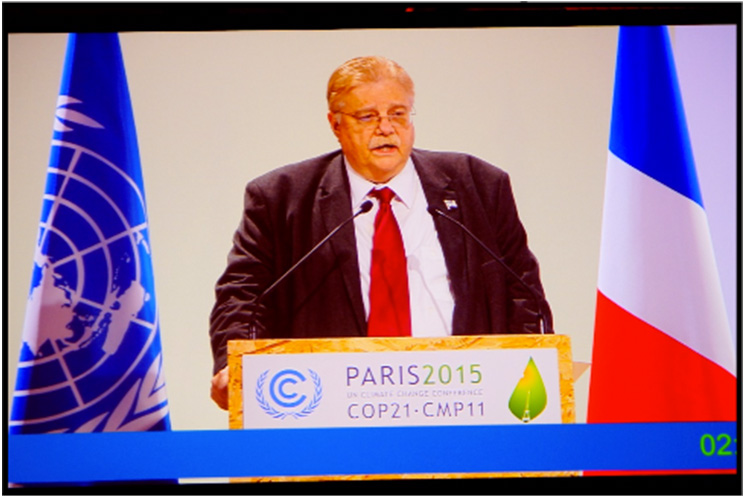
Dr Paul Oquist speaking at COP21 in Paris 2015
“We don’t want to be an accomplice to taking the world to 3 to 4 degrees centigrade and the death and destruction that represents,” Oquist said. “It’s not a matter of being troublemakers; it’s a matter of the developing countries surviving.”
He condemned the Agreement as ‘the rescue of countries that have caused global warming, passing the cost to those least responsible who will die in the largest numbers unable to make good their losses, much less adapt to the increasing intensity of climate change’.
Nicaragua subsequently signed up to the Paris Agreement in 2017 in order to use its influence to support developing countries. Dr Oquist was later appointed co-chair of the UN Green Climate Fund, a key body to providing climate change related finance to developing countries.
Calling for a change of mind-set from one of changing nature to changing ourselves
In his book Equilibra: The Philosophy and Political Economy of Existence and Extinction published in 2020, Dr Oquist writes, ‘We live in a cosmic shooting gallery of meteors, solar radiation, and electromagnetic pulses, on a molten volcanic bomb of a planet under attack by bacterial and rapidly mutating viral pathogens.’
However, according to Dr Oquist, the greatest threat we face is our inability to control the consequences of our own science and technology: nuclear weapons, climate change, and artificial intelligence.
Despite the high level of social and economic destruction caused by Covid-19, its impact on humanity will be ‘small, transient and recoverable ‘ compared to the total, permanent, and irreversible damage caused by the catastrophic destruction of climate extremes.
The formula humanity has used to date is based on transforming nature. We have become alienated from the natural environment by the capitalist myth of eternalism: ’limitless, mindless growth of production and consumption on a planet with finite, rapidly degrading resources.’
Our economic and political structures are largely based on short-term gain regardless of the long-term consequences. These structures have contributed to gross inequalities within and between countries.
According to a 2021 Oxfam report entitled ‘The Inequality Virus’ the Covid pandemic has greatly exacerbated this trend.
‘The coronavirus pandemic has exposed fed off and increased existing inequalities of wealth, gender and race. Over two million people have died, and hundreds of millions of people are being forced into poverty while many of the richest – individuals and corporations – are thriving. Billionaire fortunes returned to their pre-pandemic highs in just nine months, while recovery for the world’s poorest people could take over a decade.’
Dr Qquist describes neoliberalism’s approach to poverty reduction as ‘growth, more growth and crumbs’ for the impoverished. This has left those who are already most impoverished facing greater poverty at the same time as facing the consequences of climate crisis for which they are the least responsible.
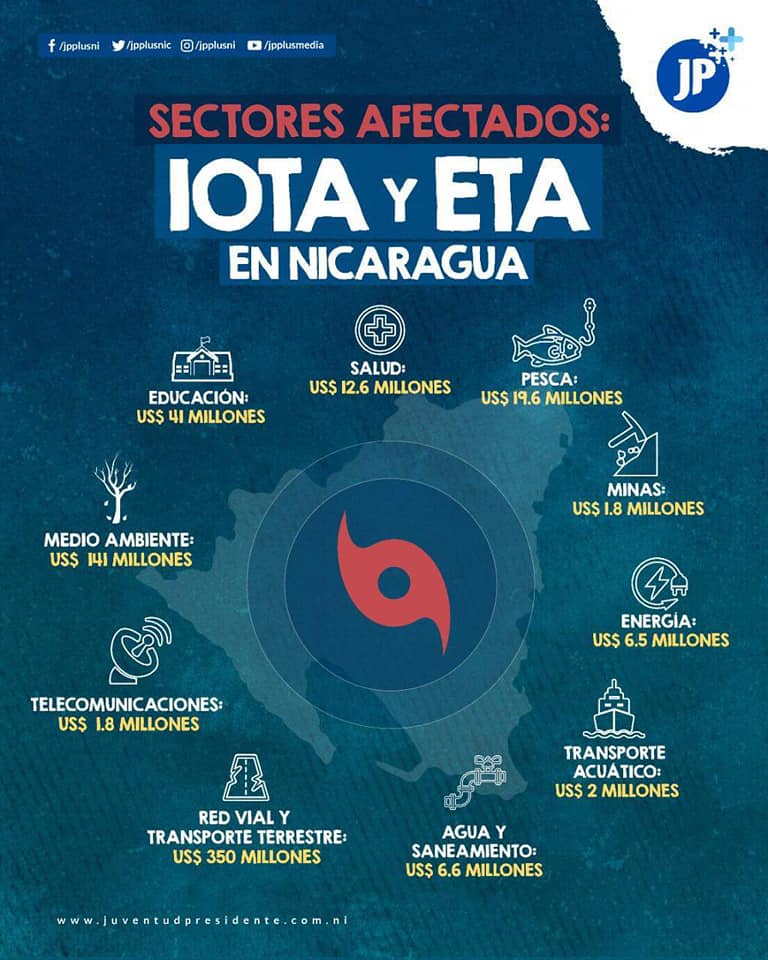
Two major hurricanes of unprecedented strength struck Nicaragua & Central America in November, 2020 a consequence of the climate crisis.
Developing a collective understanding of Mother Earth and how we, as human beings, are part of evolution.
Dr Oquist believes that ‘we need to develop a collective understanding of the Universe and Mother Earth, and how we are an integral part of evolution’. In this way we can renew our identity and values, so that we ’become aware of our vulnerabilities and the risks that threaten not only our existence but that of the planet.’
Over the centuries social change has come about through people organising into movements across countries and sectors… whether it was about abolishing slavery, anti-colonialism, employment rights or other goals. The main lesson is that struggles have continued for years, even centuries, and then very suddenly a convergence of interests results in major change.
At COP26 in Glasgow in November will global leaders, particularly from those countries largely responsible for the scale of the climate crisis, recognise this convergence of interests and take rapid action commensurate with the scale of the crisis?
*Dr Oquist died in Managua on 13 April, 2021 at the age of 78. His political life was characterised by an extraordinary energy, his astute analysis and single-minded commitment to fighting for justice. Above he will be remembered for his integrity in defending the truth as unpalatable as it might have been to the world’s largest polluters, corrupt banks and corporate money launderers.
His presence will be greatly missed at COP26 in Glasgow in November.
